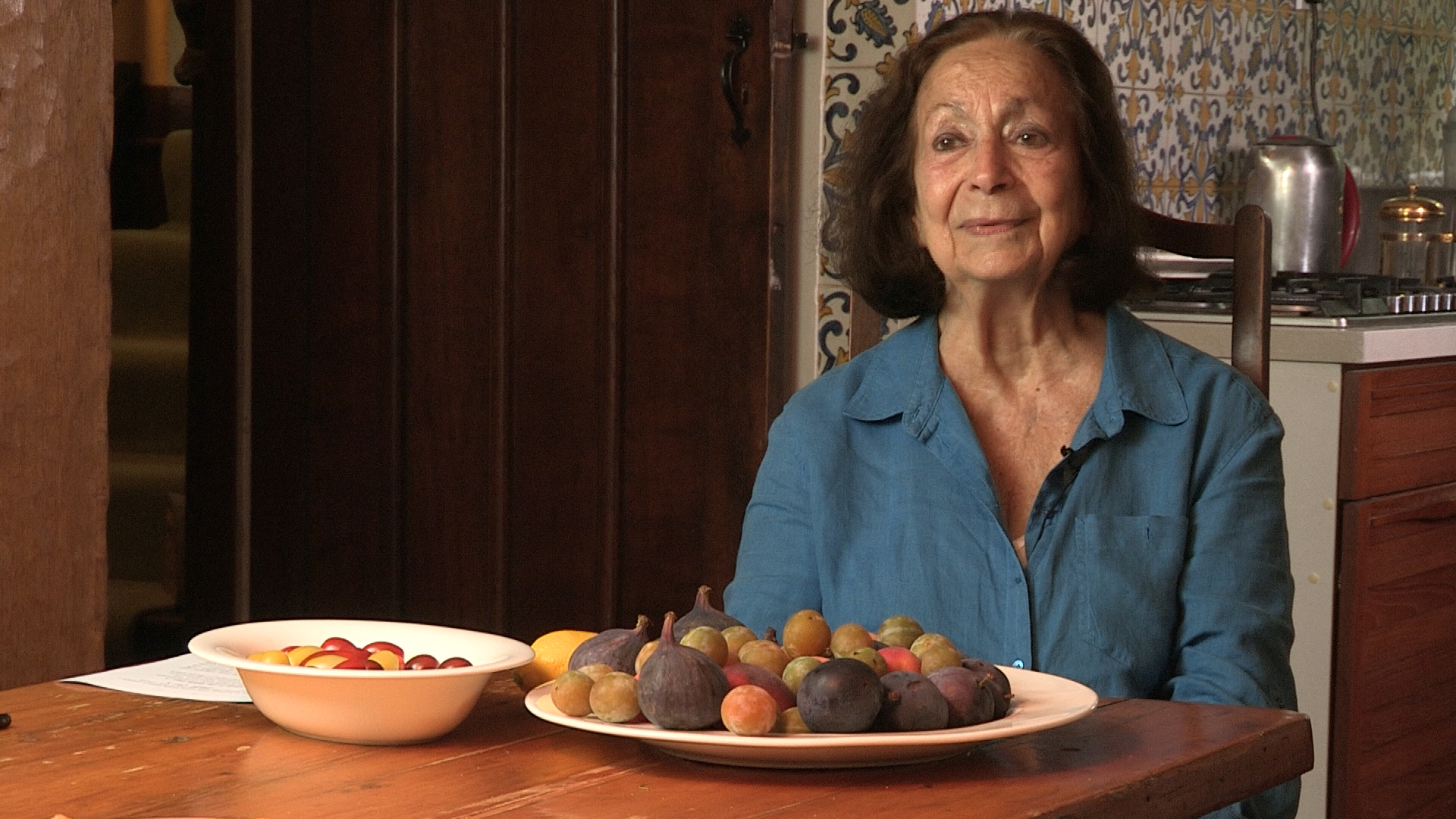NEXT STORY

Discovering the history of the Middle East food
RELATED STORIES

NEXT STORY

Discovering the history of the Middle East food
RELATED STORIES


|
Views | Duration | |
|---|---|---|---|
| 21. Every dish has a meaning | 3 | 02:58 | |
| 22. Hiccups and love story | 3 | 01:10 | |
| 23. Paul's mother's clothing business | 2 | 01:32 | |
| 24. Paul's charismatic father | 5 | 01:40 | |
| 25. Family life in London | 2 | 01:51 | |
| 26. Researching the history of food | 2 | 02:44 | |
| 27. Discovering the history of the Middle East food | 2 | 05:27 | |
| 28. Cooking medieval dishes | 2 | 02:39 | |
| 29. Testing different recipes | 2 | 02:51 | |
| 30. I do not want to betray the tradition | 2 | 03:02 |


I was also researching food. And I did... at that time, that is when I did have for a very brief period, an au pair, I think for a year. And I went to the British Library. I started then wanting to learn about why the food is what it is. And why there is baklava in Iran, and in Greece and in there... why is there something there and there again. I was interested to find out about the history of food.
And so, the first thing I did, but not to find out about the history of food, but to find an Arab cookbook. About Arab food in English. Or in Arabic. I went to the British Library. In those days it was that big place in the round... in the British Museum. And it was very, very dramatic to go there and read. And I went there, and it was difficult. You had to ask in advance. But once you were able to go, I remember then asking the librarian, 'Have you got any books about Arab food?' And he said, 'If you come tomorrow, I'll have something for you'.
So, I came back and all he had was... there was nothing at all contemporary, either in Arabic or in English. Everything was from the 13th century. It was three culinary manuals. One, written by hand, from the 13th century in Baghdad, one from the 13th century in Damascus, and one from Spain in Arabic and it is from Andalusia. So, it was Muslim Andalusia. And it was... they had the manuscript, but also for me luckily, they had a translation by a Professor Arberry, of the book in Baghdad. And also, analysis by a French professor called Maxime Rodinson of the manuscript found in Damascus.
Claudia Roden (b. 1936) is an Egyptian-born British cookbook writer and cultural anthropologist of Sephardi/Mizrahi descent. She is best known as the author of Middle Eastern cookbooks including A Book of Middle Eastern Food, The New Book of Middle Eastern Food and The Book of Jewish Food.
Title: Researching the history of food
Listeners: Nelly Wolman
Claudia Roden talking to her granddaughter Nelly Wolman about her life in food.
Tags: Maxime Rodinson
Duration: 2 minutes, 44 seconds
Date story recorded: September 2022
Date story went live: 04 December 2023